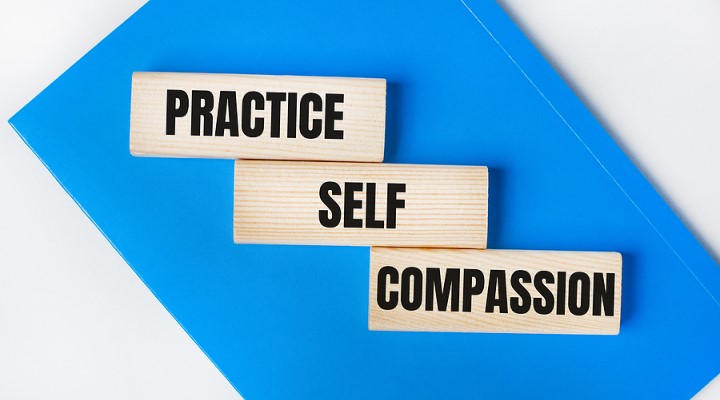Burnout has been a prevalent issue for business owners during COVID. The emotional intensity, long work hours, and high risk can all lead to levels of stress and exhaustion that are overwhelming. This has been made worse with prolonged lockdowns in Victoria and New South Wales. One study found that 34 per cent of business owners reported feeling worried and 45 per cent were stressed, numbers that are higher than the general population. As we begin to open up we need to practice the art of self-compassion to avoid burning out.
The case for self-compassion
The phrase “Treat others as we would like to be treated” is often used to encourage empathy. But what if we reversed its teachings and applied them to our own struggles? What if we gave ourselves the consideration, kindness and room for improvement we extend to our team members as business owners. We need to honour our struggles. Self-compassion is a tool we can use as business owners to take a step back, evaluate our current challenges and find healthy, positive and productive solutions.
It might seem easy to conflate such kindness with self-indulgence. “Getting ahead,” says conventional wisdom, “requires ambition and a commitment to growth, not a free pass when the going gets tough.” Yet research shows excessive self-criticism can paralyse rather than motivate and create greater problems, including procrastination, avoidance behaviours and even depression.
Self-compassion is not a “free pass”, it requires self-awareness, vulnerability and a willingness to give yourself a chance to learn and grow. And by applying it effectively, you can end your dependency on self-esteem (which relies on others’ perceptions) and shift your actions and thoughts toward positive, lasting growth.
Benefits of self-compassion
It might sound like too soft an approach if you’re accustomed to toughing things out. But research directly links self-compassion to better mental health, better physical health and a number of other benefits that I have noticed firsthand, including:
- Higher motivation, better learning and stronger performance through a mindset emphasizing continuous improvement and personal growth.
- Greater empathy for stronger personal and professional relationships.
- Greater resilience, lower narcissism and reduced maladaptive perfectionism.
- Better leadership skills through a growth mindset example and compassion that extends beyond the self to others.
Like any other skill, self-compassion can be learned and improved over time. Applying it in your professional and personal lives doesn’t have to be difficult; you can get started with a few simple techniques.
Treat yourself like a friend
Everyone’s vulnerable to the occasional bout of negative self-talk or imposter syndrome. Self-doubt is part of the human condition, but too often we hold ourselves to impossibly high standards we’d never impose on those we work with and care about.
If you’re struggling to come to terms with a difficult situation, take a step outside yourself and consider how you’d help a friend in the same circumstances. Visualise the words you’d share and actions you’d take and apply them to yourself. Chances are, you’ll gain some much-needed perspective – and the distance required to take healthy corrective action. Treating yourself like a friend can help you do the same for others.
Rigidity and negativity can sabotage even the best intentions. Without reflection and a measure of self-kindness, we can’t grow as people or learn effectively from our mistakes. In a world increasingly defined by disruptions and unprecedented challenges, practising self-compassion may be the best way each of us can transform our individual setbacks into greater shared success.












